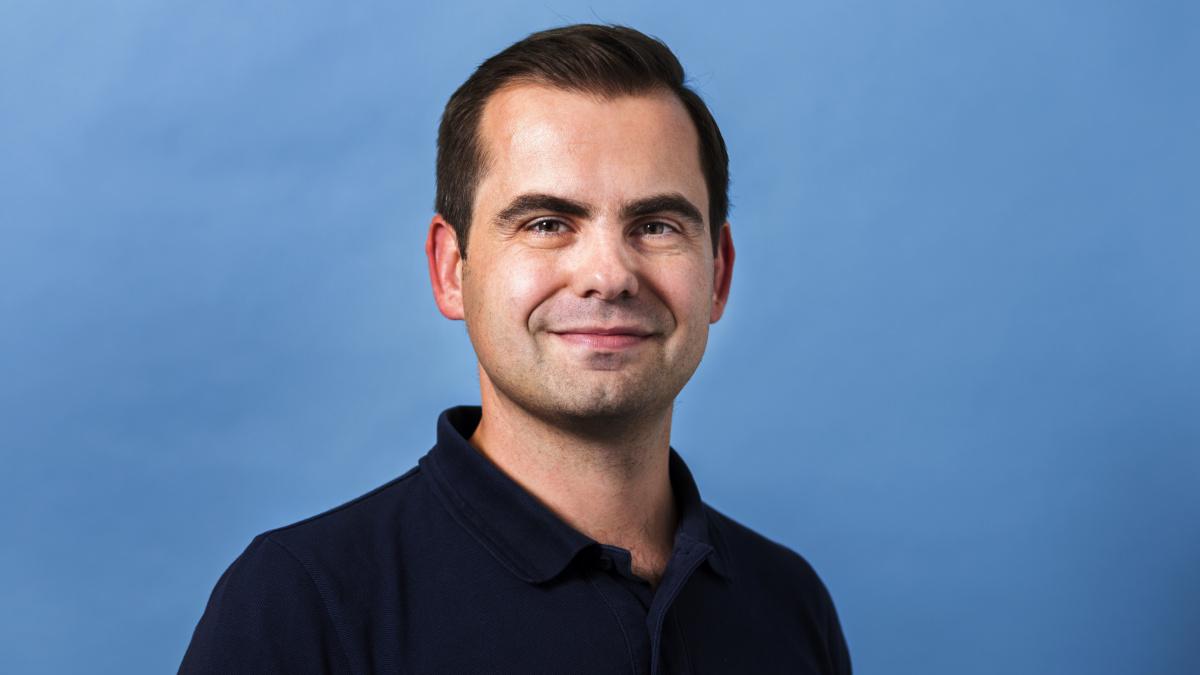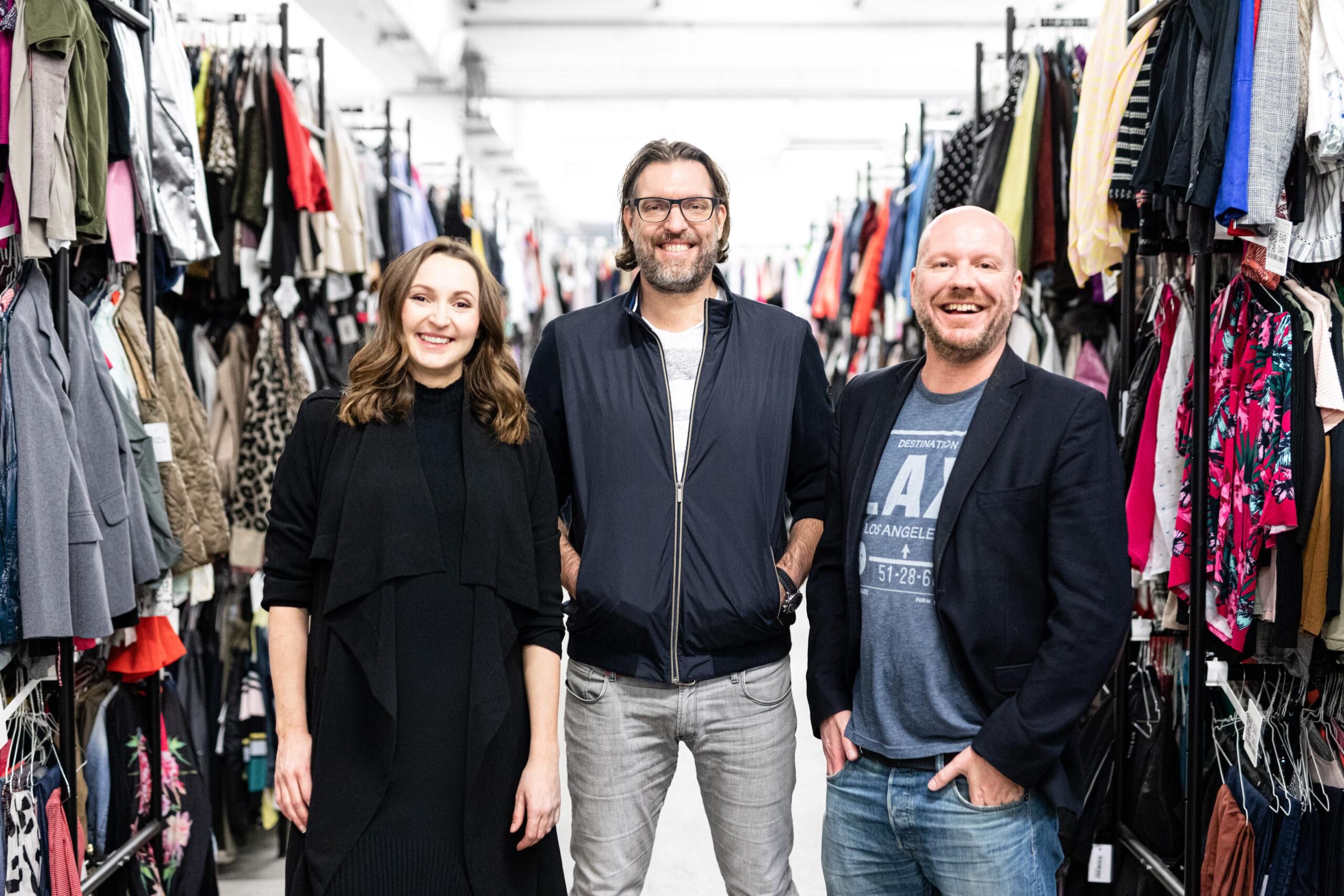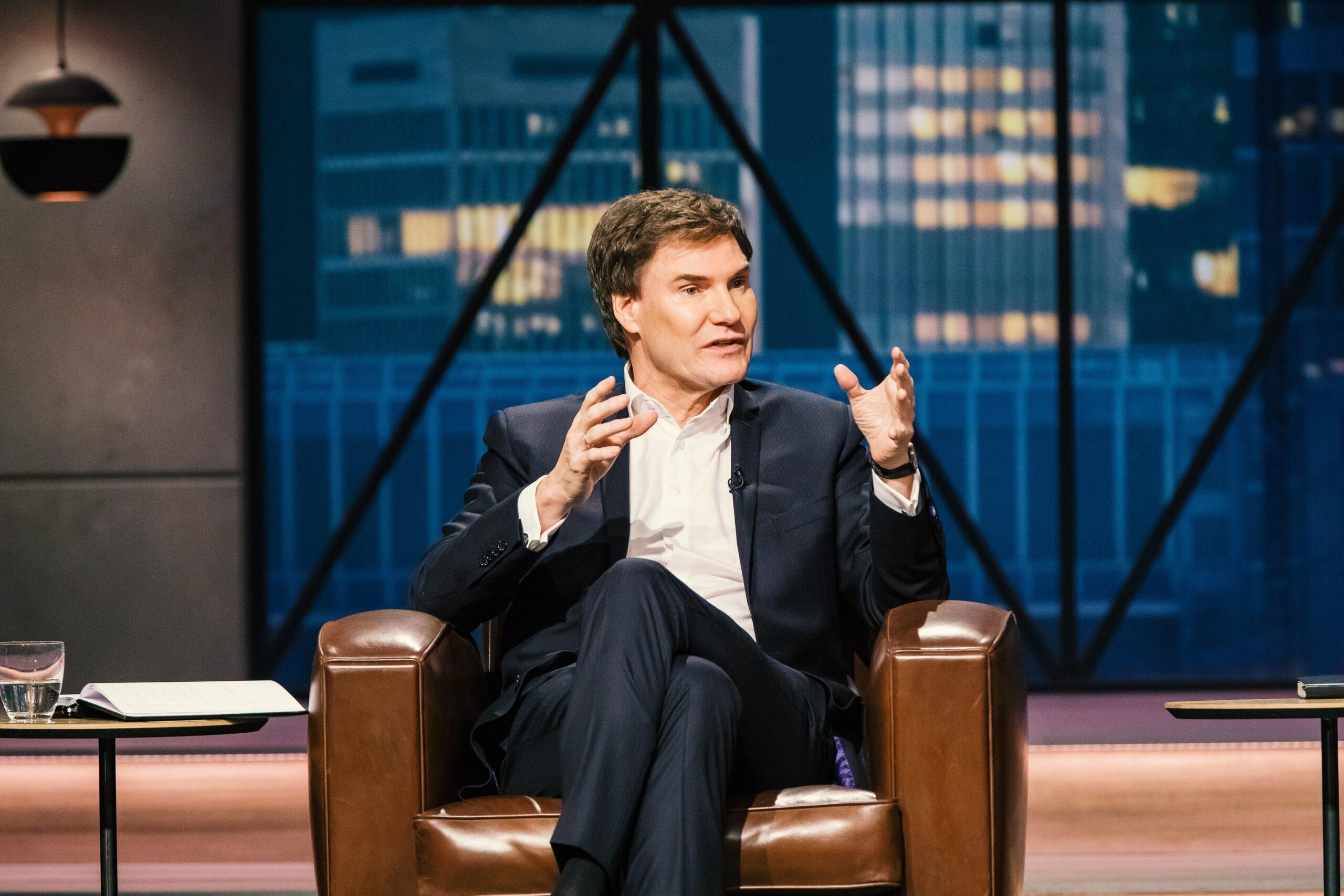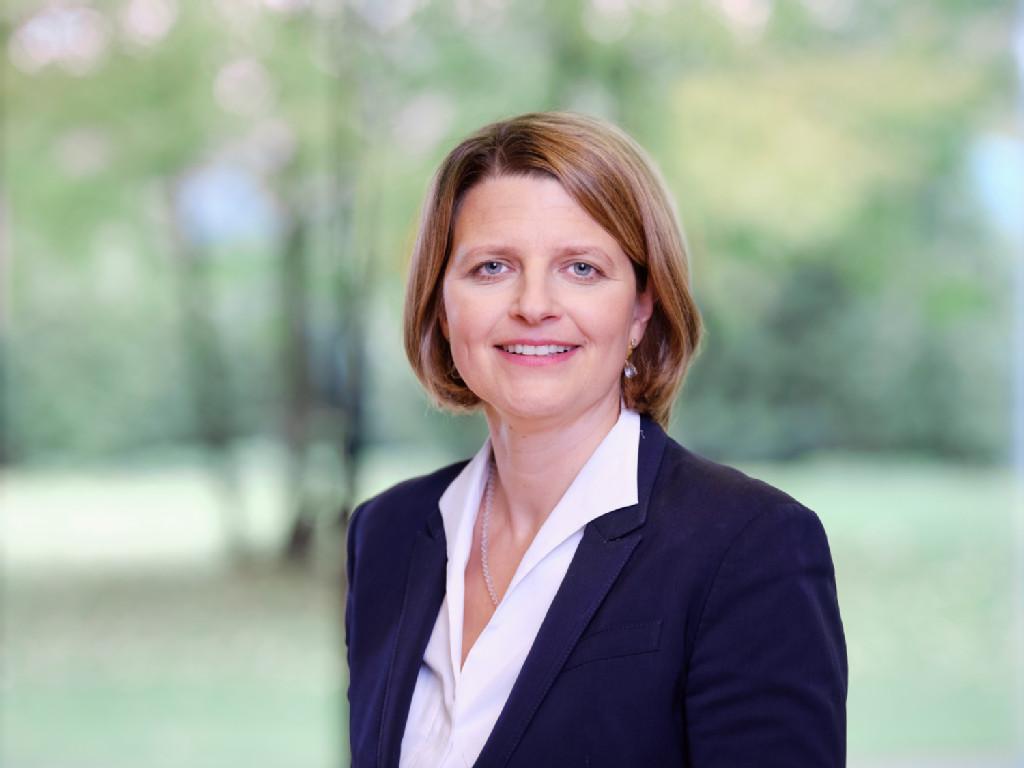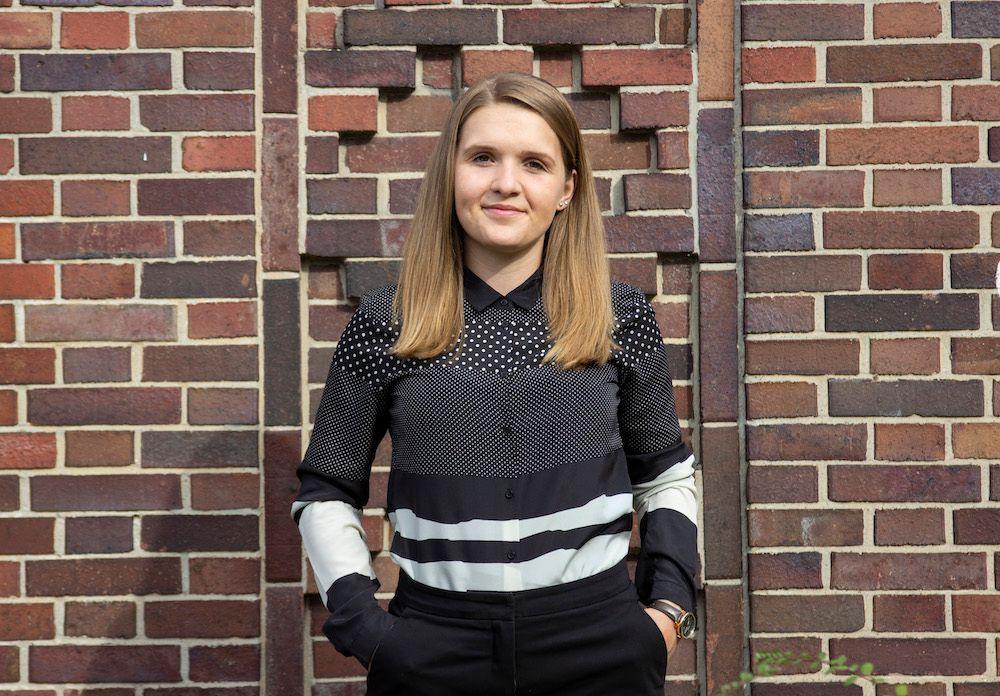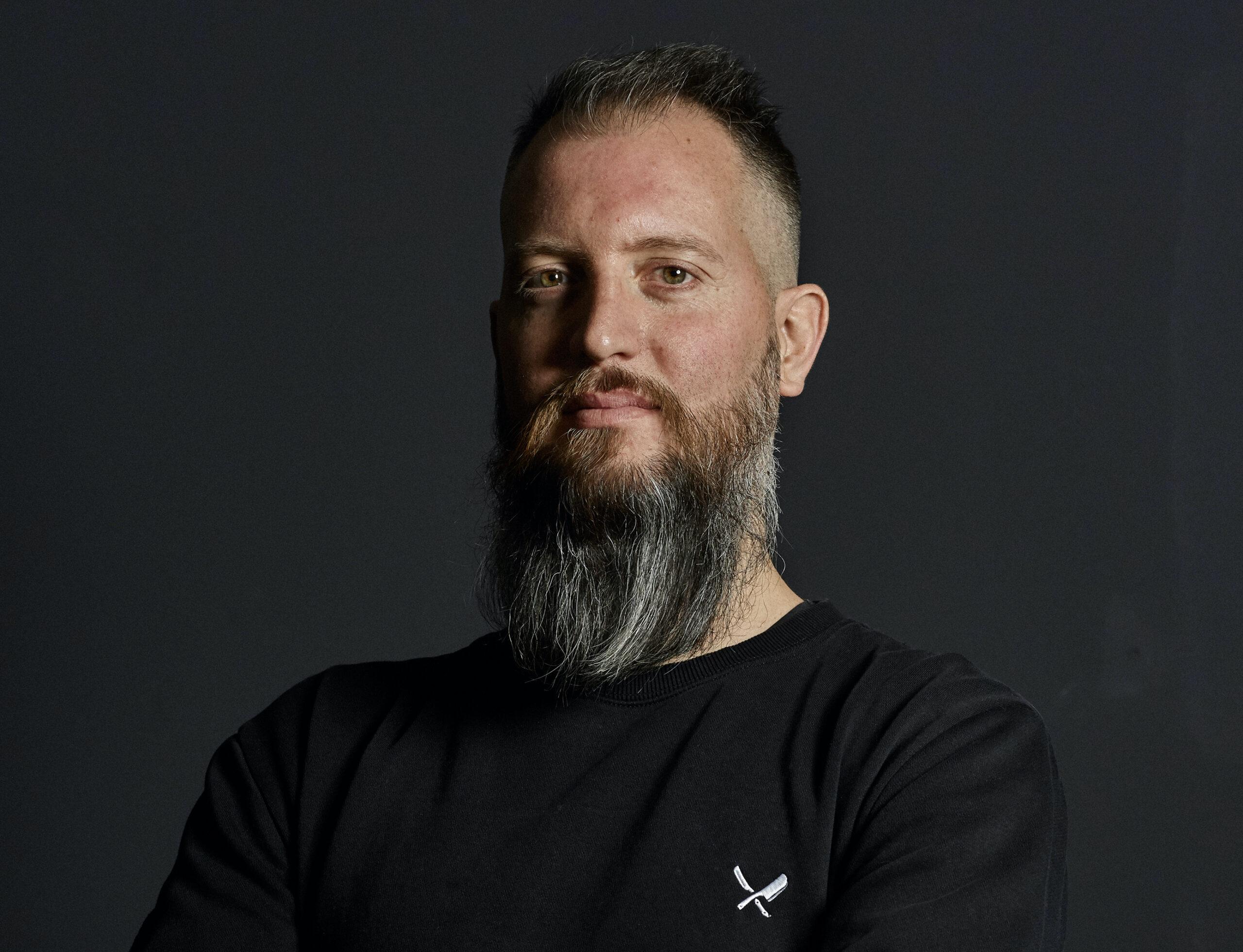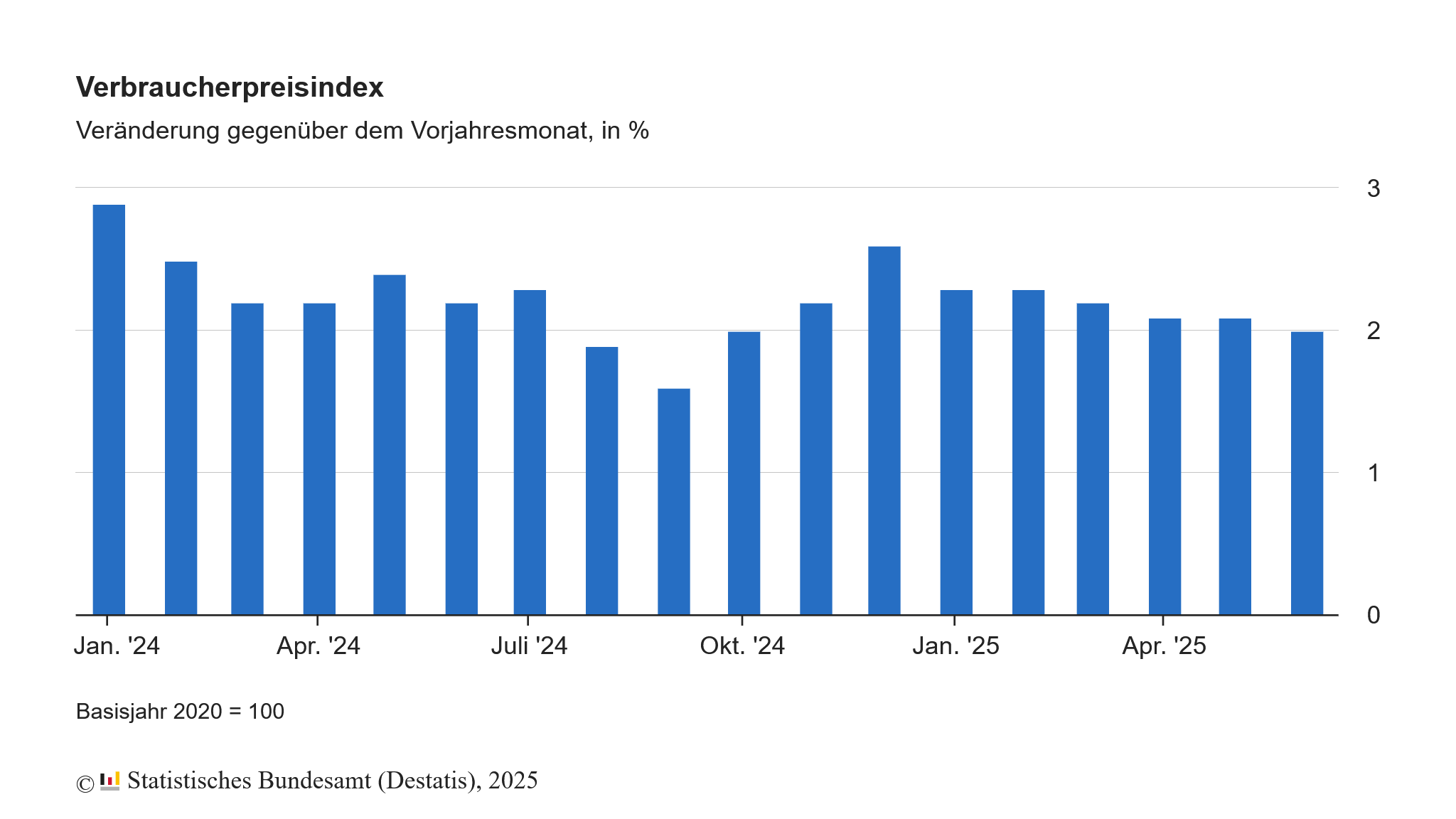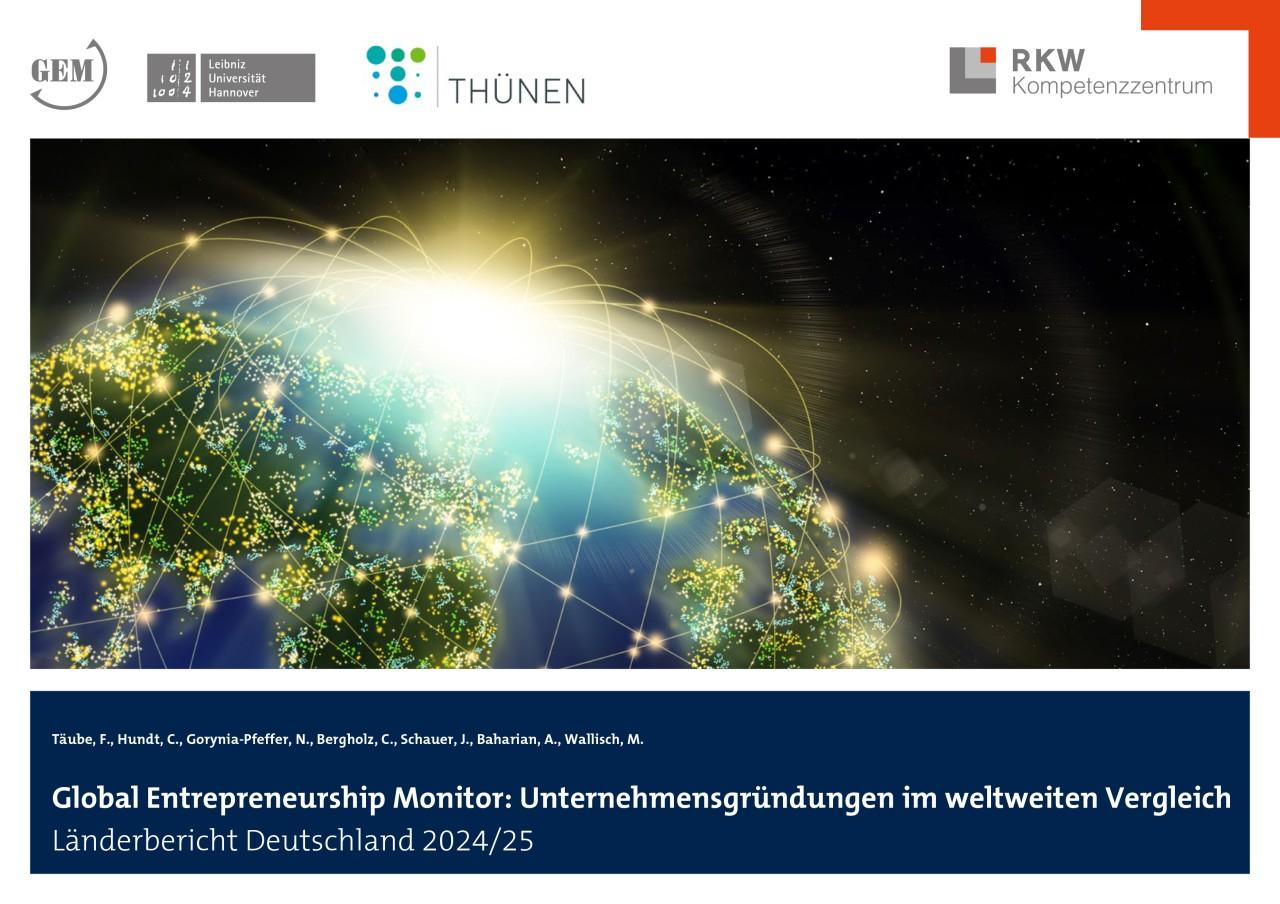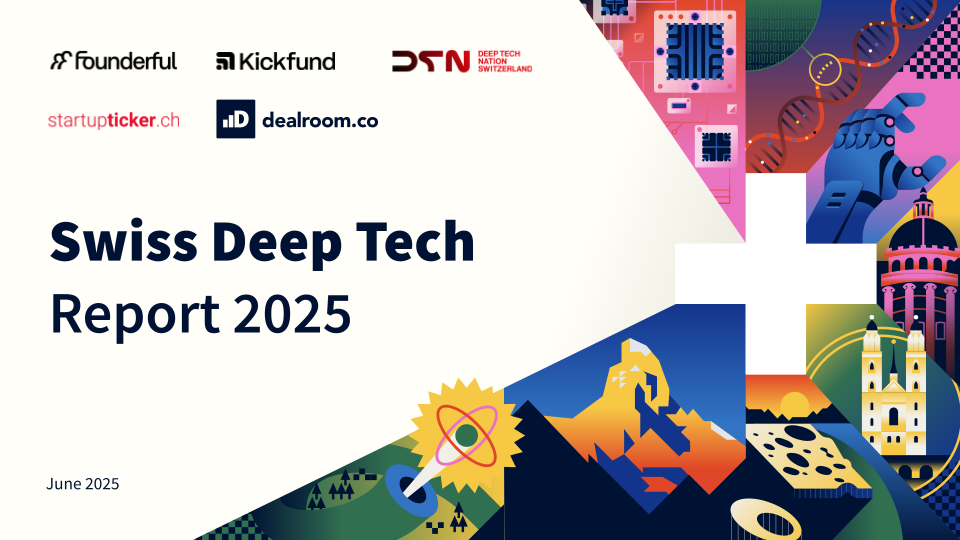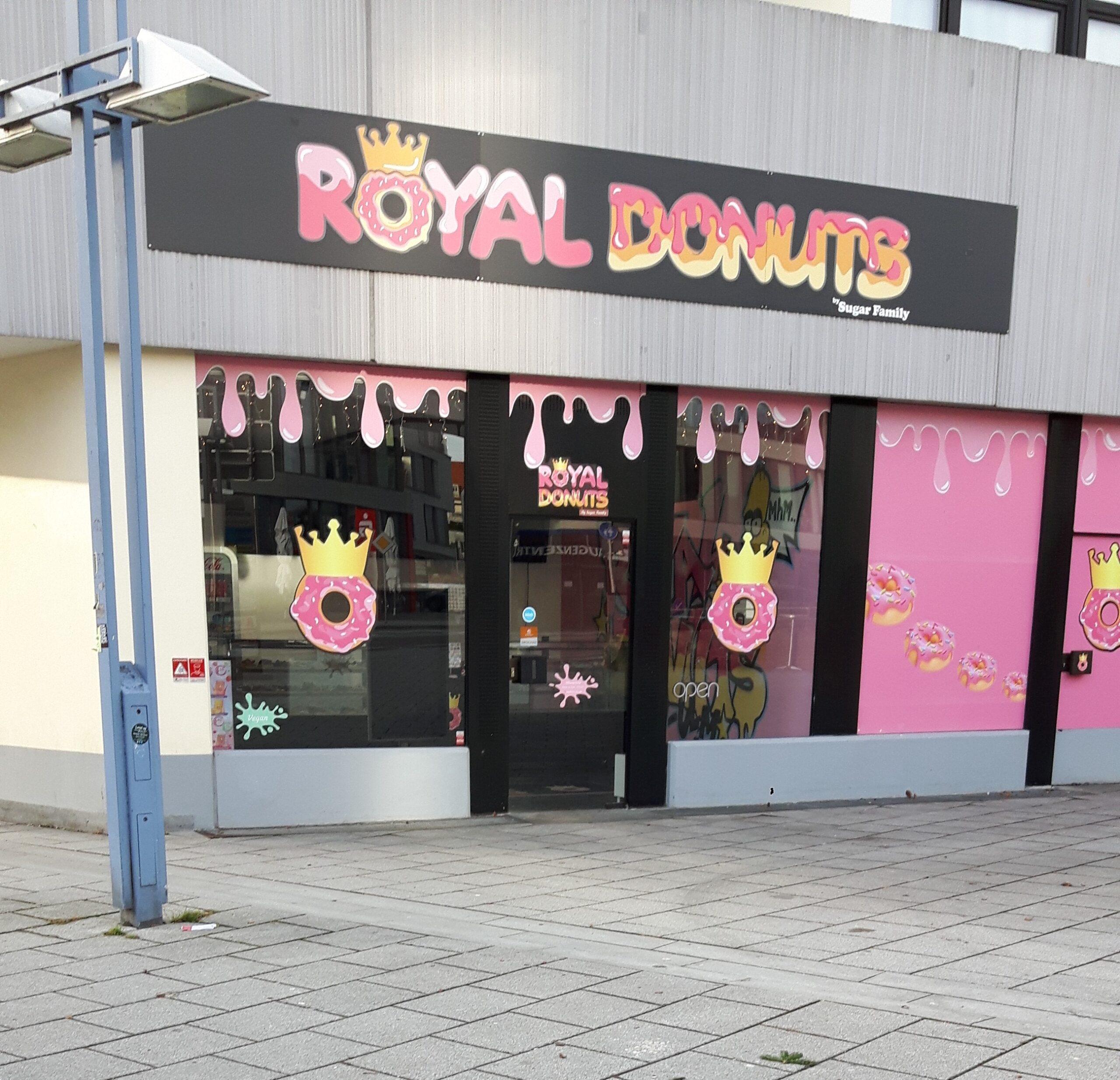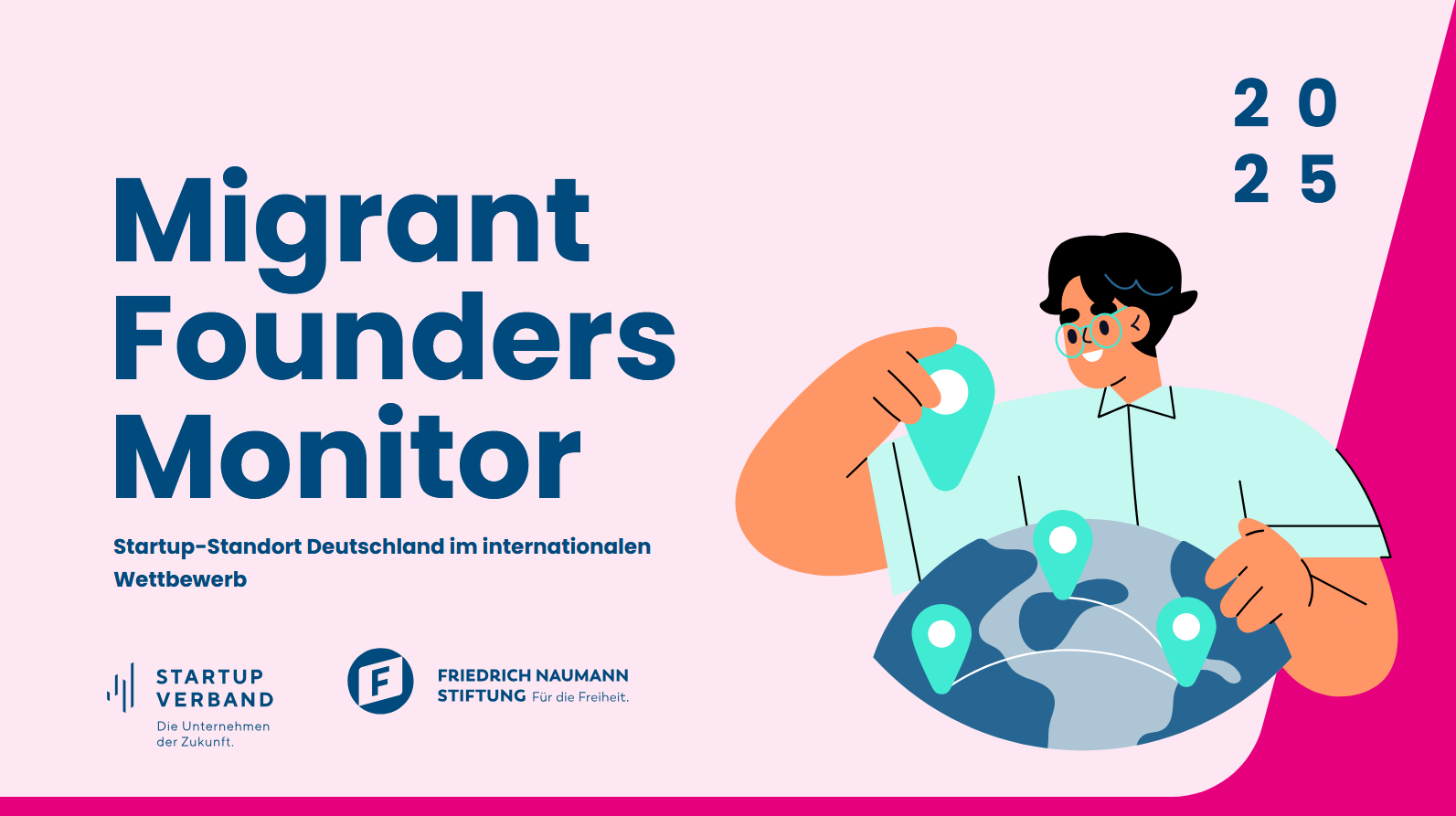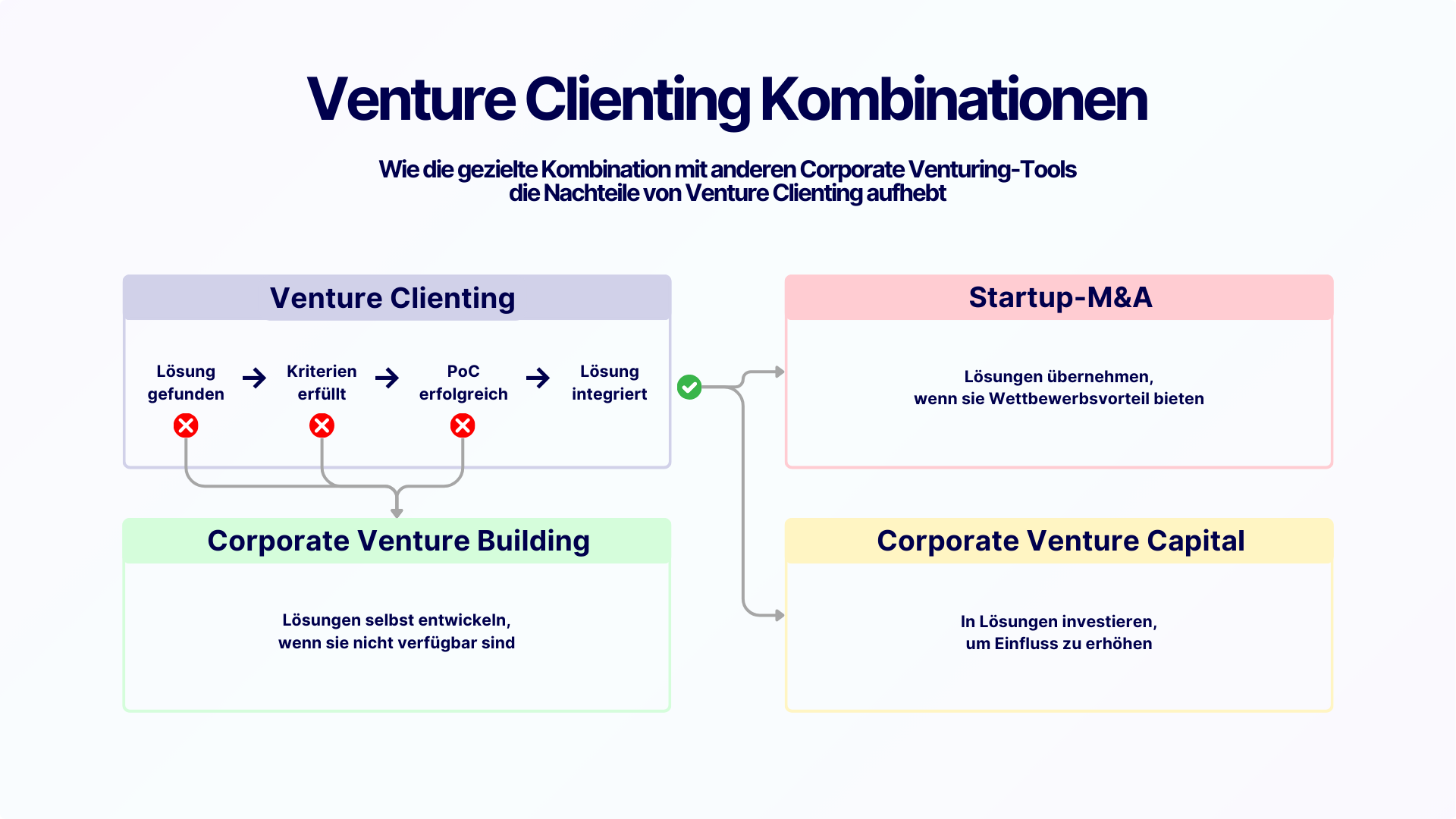These German start-ups have unicorn status
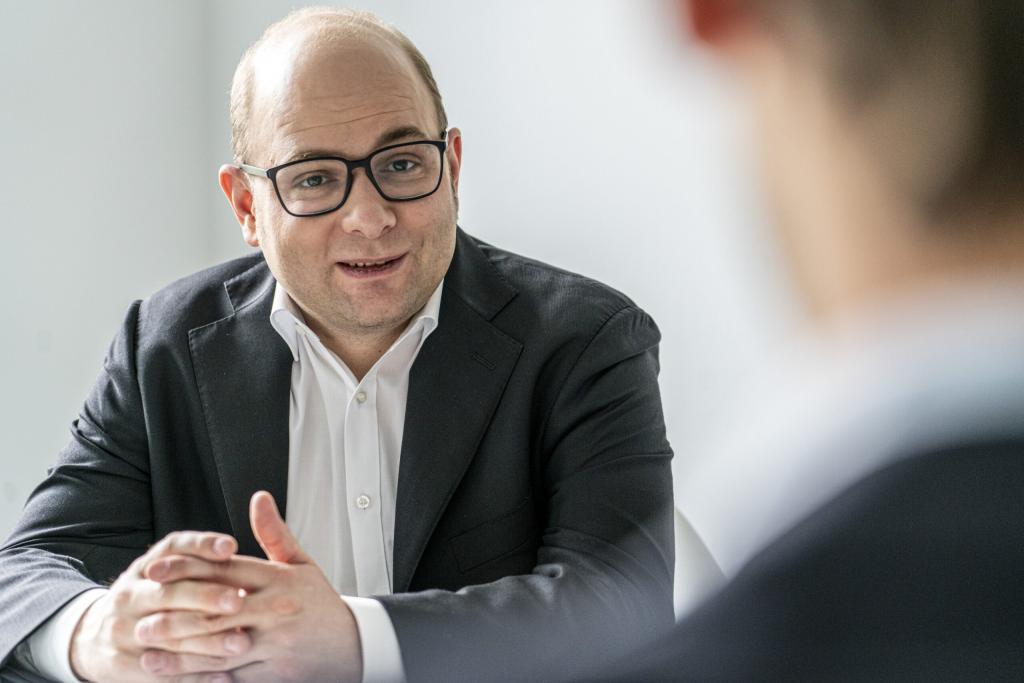
There are 32 billion-dollar start-ups in Germany. Who founded them, how their rise went and what else you need to know about the start-ups of the moment.
Unicorns don't just exist in fairy tales, but also in the start-up world. In the scene, they refer to companies that have reached a valuation of over one billion US dollars. There are currently 32 of them in Germany and, according to CB Insights, there are around 1,200 worldwide.
On average, it takes seven years for a German start-up to achieve unicorn status. Nevertheless, there are also major exceptions: The two delivery services Gorillas and Flink and the e-commerce start-ups Razor Group and Sellerx managed to reach the billion-euro valuation within the first twelve months of being founded.
Most of the highest-valued German start-ups are in the fintech, e-commerce and software sectors and are based in Berlin. The club of German unicorns is also very male-dominated: Only one of the companies, namely the Razor Group, was co-founded by a woman.
However, the best year for German unicorns was 2021, when 19 companies achieved unicorn status. Six new unicorns were also added in 2022 with Staffbase, Volocopter, Choco, Grover, Taxfix and DeepL.
These are the German start-ups with unicorn status
Rank 1: Celonis
Last known valuation: 13 billion US dollars
Year founded: 2011
With a valuation of around 13 billion US dollars, Celonis is the only German Decacorn. Founded in 2011 by Alexander Rinke, Bastian Nominacher and Martin Klenk, the Munich-based start-up offers software for process mining. Based on existing data, companies can use it to analyze their processes and make them more efficient. Celonis achieved unicorn status for the first time in 2018.
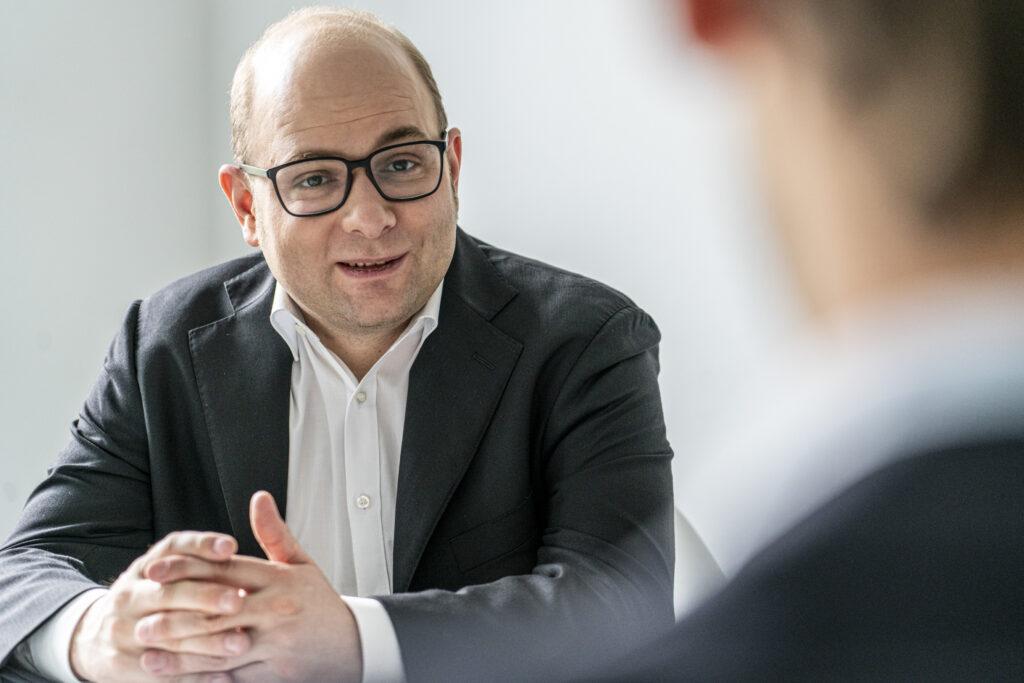
Rank 2: N26
Last known valuation: 9.23 billion US dollars
Year founded: 2013
With a valuation of around 9.23 US dollars, N26 is scratching the decacorn barrier. The fintech from Maximilian Tayenthal and Valentin Stalf has grown strongly since it was founded in 2013. According to its own figures, Neobank now has more than eight million customers and is represented in 24 countries. Users can open a bank or business account with N26, take out loans or manage joint accounts. Last year, N26 closed a financing round with a volume of 900 million US dollars. Nevertheless, not everything has always gone well for the Berlin-based neobank: at the end of September 2021, N26 had to pay 4.25 million euros to the German Federal Financial Supervisory Authority (Bafin) for failing to combat money laundering. The start-up also had to give up its US business.
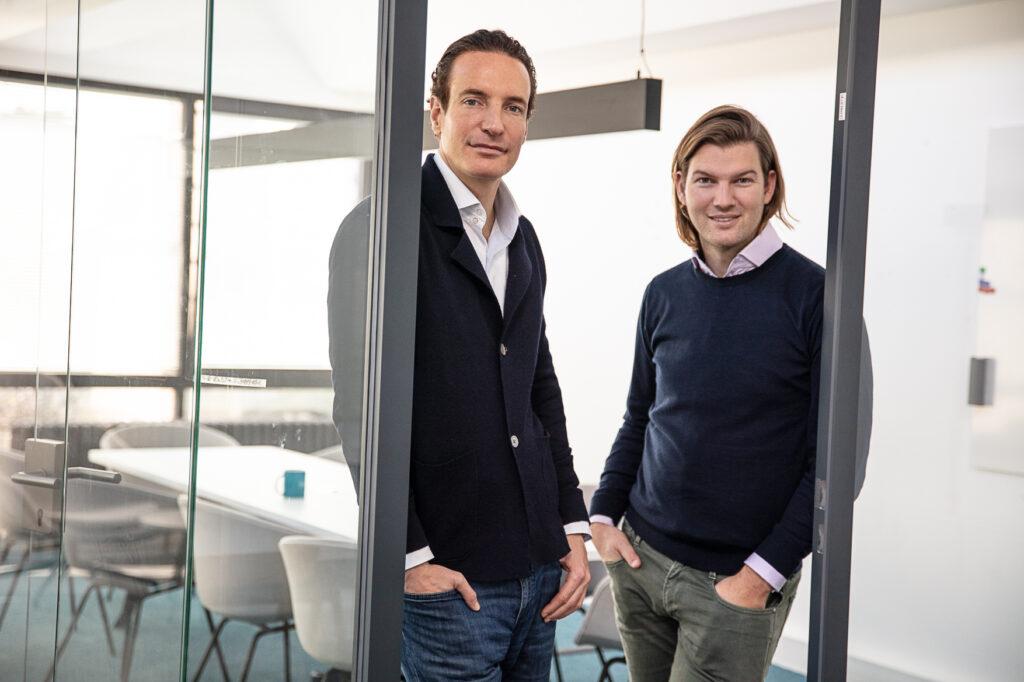
3rd place: Personio
Last known valuation: 8.5 billion US dollars
Year founded: 2014
Personio has developed a platform for corporate human resources that simplifies recruiting and the management of personnel data. The founders Hanno Renner, Roman Schumacher, Arseniy Vershinin and Ignaz Forstmeier came together at the Center for Digital Technology & Management in Munich. They initially financed their start-up from their own sales. This was followed by several rounds of financing. The Series D financing round in January 2021 made Personio a unicorn. The start-up is now valued at 8.5 billion US dollars.
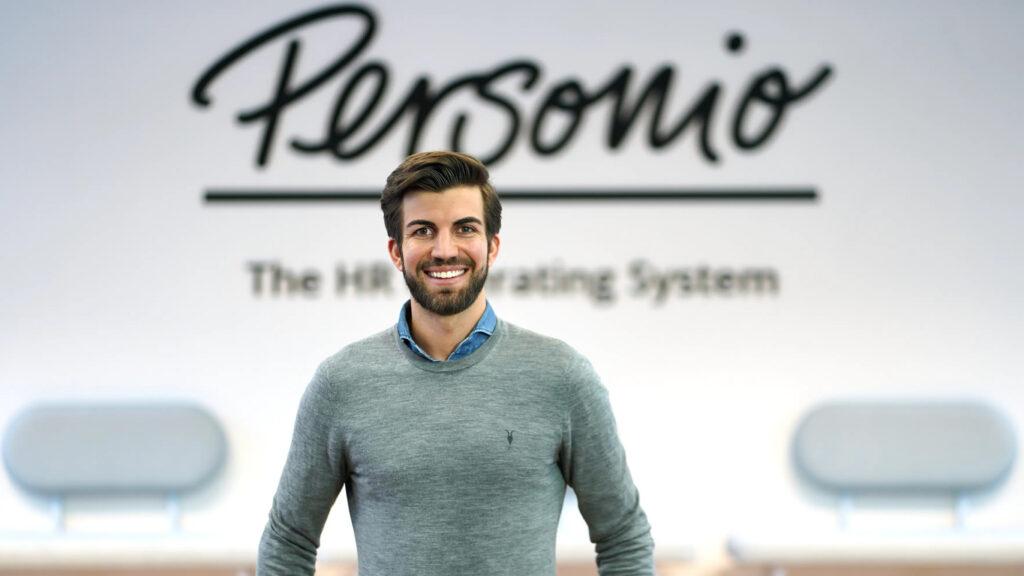
Rank 4: Trade Republic
Last known valuation: 5.36 billion US dollars
Year founded: 2015
A fintech is also ranked fourth among Germany's highest-rated start-ups. Trade Republic has set itself the goal of democratizing access to the financial markets. Users of the start-up founded by Christian Hecker, Thomas Pischke and Marco Cancellieri can use the platform to invest in shares, fractional shares, savings plans and cryptocurrencies. Trade Republic has expanded rapidly since it was founded in 2015. The Baltic states, Slovakia and Slovenia, Portugal, Ireland, Finland, Greece, Belgium and Luxembourg are soon to be added(we reported).
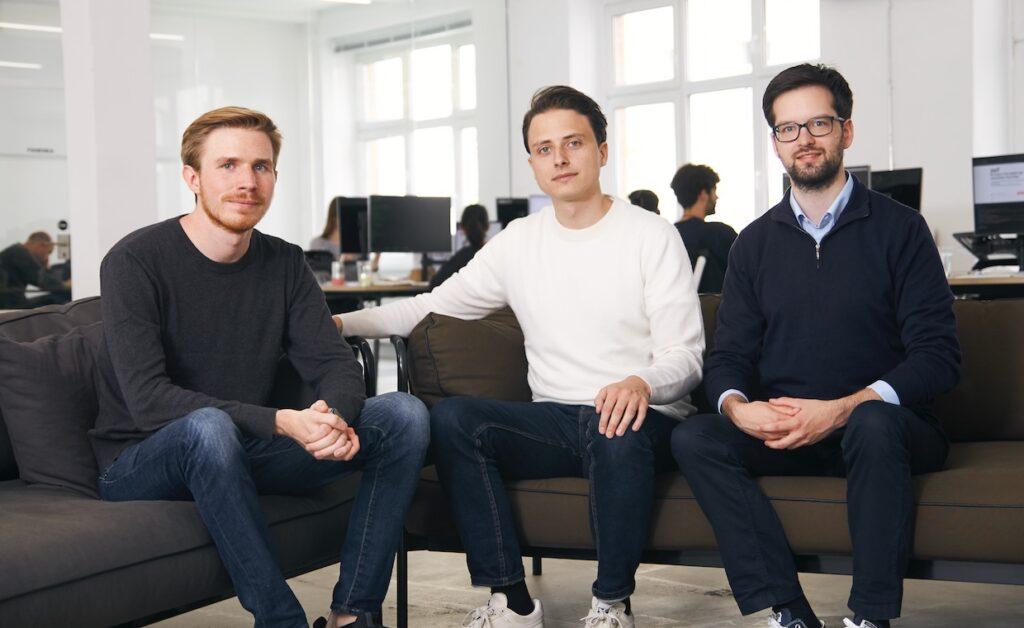
Rank 5: Wefox
Last known valuation: 4.5 billion US dollars
Year founded: 2015
"Insurance. But simple." This is the slogan Wefox uses to advertise on its website. The start-up, ranked fifth on the list, offers motor, personal liability, household contents and home insurance. Customers can obtain advice free of charge. They can report claims via the portal. Julian Teicke, Fabian Wesemann and Dario Fazlic came up with the idea for Insurtech in 2015, which is valued at around 4.5 billion US dollars.
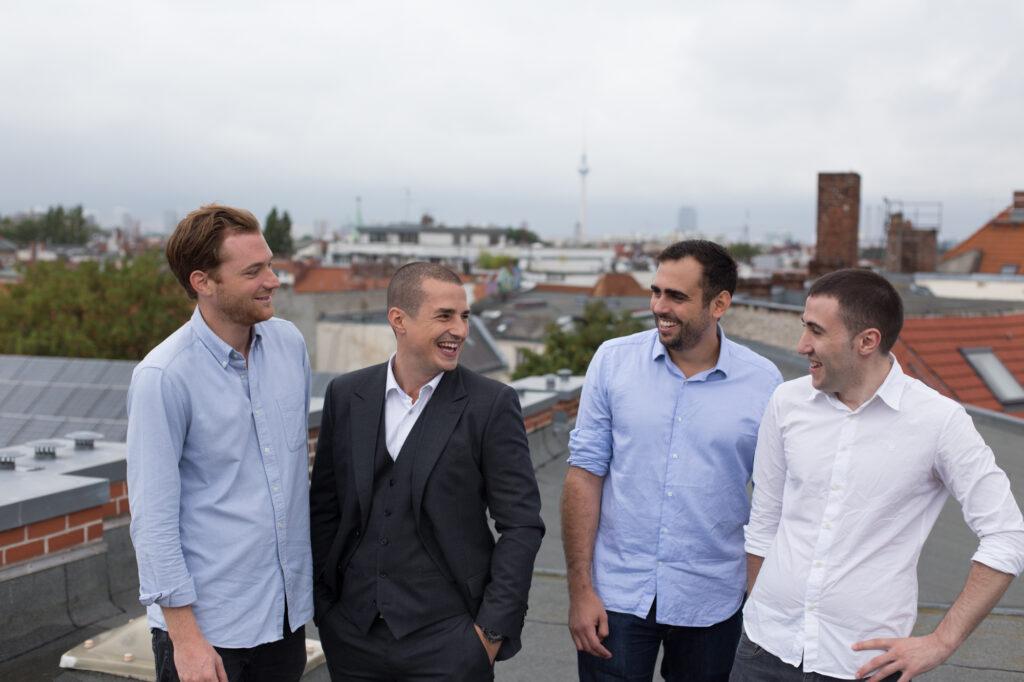
Rank 6: Flix
Last known valuation: 3 billion US dollars
Year founded: 2012
Fast from Berlin to Munich or from Cologne to Italy? Flix's long-distance bus and train connections make it possible. The green Flixbuses have been traveling between cities since 2013, and in 2018 Flixtrain was added as a rail service. In total, Flix serves around 2,500 destinations in 38 countries. Last year, the start-up from Jochen Engert, André Schwämmlein and Daniel Krauss took over the US bus company Greyhound and now also offers trips in the USA. With a valuation of around three billion US dollars, the Munich-based company is in seventh place in the ranking.

7th place: Contentful
Last known valuation: 3 billion US dollars
Year founded: 2014
The seventh-largest German unicorn is Contentful, a start-up from Berlin founded in 2014 by Sascha Konietzke and Paolo Negri. Contentful has developed a platform that serves as an interface between websites, apps and devices. Corporate customers can manage content with Contentful and play it out on various distribution channels. The start-up reached its valuation of three billion euros after a Series F round in July 2021(we reported). Investors include Tiger Global, Tidemark and Base10's Advancement Initiative.

Rank 8: Gorillas
Last known valuation: 3.1 billion US dollars
Year founded: 2020
In 2020, Gorillas became known for delivering food within ten minutes. Kagan Sümer's start-up has since abandoned the ten-minute promise, but not the business model: customers order groceries via an app, an employee puts together the shopping basket in the warehouse and a bike courier brings it to the customer's home. Within a few months, investors pumped so much money into Gorillas that the start-up achieved unicorn status. The Series C financing round in September 2021 raised almost one billion US dollars. Despite its success, Gorillas has been repeatedly criticized: employees have repeatedly gone on strike due to poor working conditions. Gorillas also tried unsuccessfully to prevent a company election. In recent weeks, rumors have surfaced that the company is on the verge of being taken over by Turkish competitor Getir.

Rank 9: Flink
Last known valuation: 2.7 billion US dollars
Year founded: 2020
Flink is hot on the heels of its competitor Gorillas. The start-up from Berlin is also a fast food delivery service. Flink is backed by Oliver Merkel, Christoph Cordes and Foodora founder Julian Dames. The company is currently valued at 2.7 billion euros. Flink is also experiencing problems with the establishment of a works council.
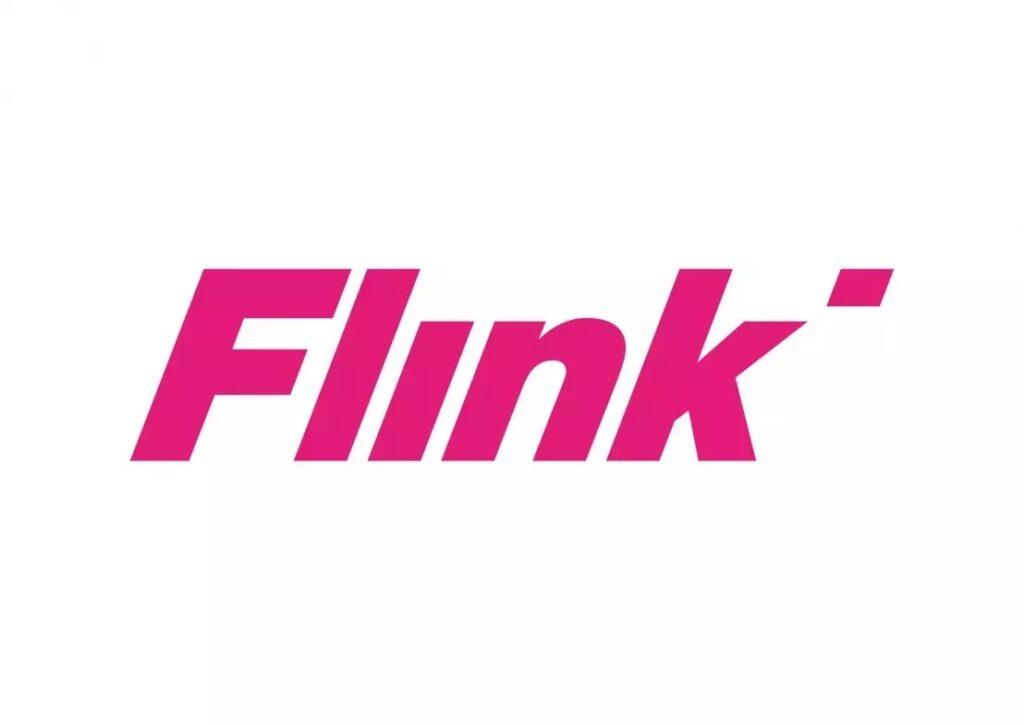
Rank 10: Forto
Last known valuation: 2.1 billion US dollars
Year founded: 2016
With a valuation of 2.1 billion US dollars, Forto is guaranteed a place in the ranks of German unicorns. Ferry Heilemann, Fabian Heilemann, Erik Muttersbach and Michael Wax founded the logistics start-up in 2016 under the name Freighthub. Forto's platform enables companies to digitalize their logistics. They can compare different transport options such as sea, air or rail freight and book a shipment. The platform can also be used to monitor shipments and manage invoices. Forto has locations in Europe and Asia. Investors include Softbank, Citi Ventures, G Squared and Northzone.
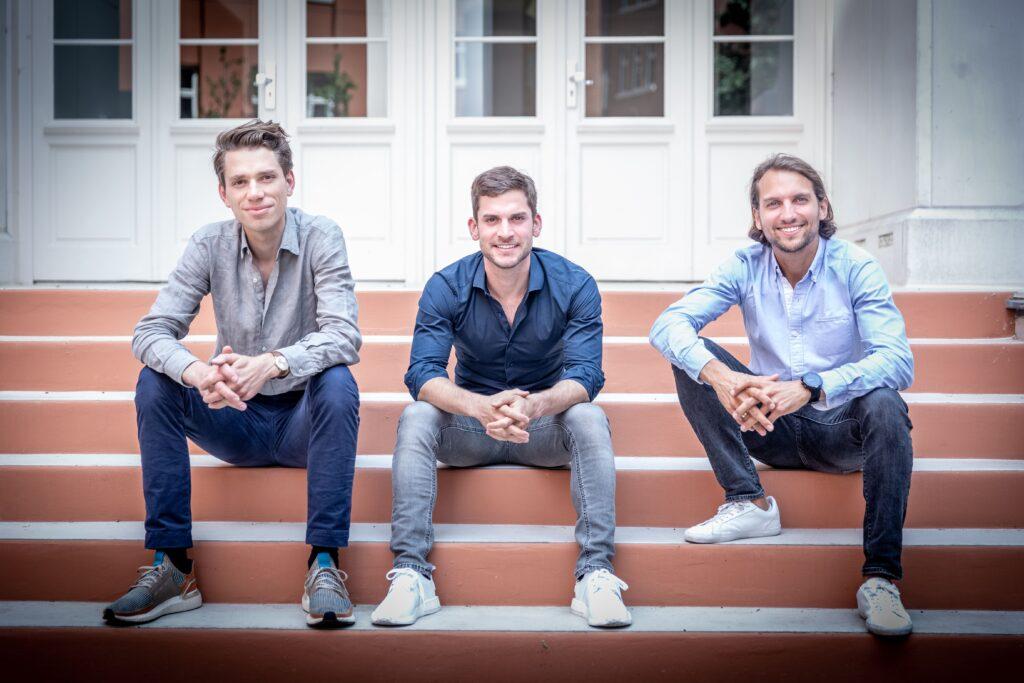
Rank 11: Tier
Last known valuation: 2 billion US dollars
Year of foundation: 2018
E-scooters have become an integral part of major German cities. A large number of them come from the German mobility start-up Tier. Users can use the app to rent both e-scooters and e-bikes at short notice. So far, Tier has grown primarily through acquisitions: The start-up, founded in Berlin in 2018 by Lawrence Leuschner, Matthias Laug and Julian Blessin, first bought The Makery, then Nextbike and Vento Mobility. Most recently, Spin and Fantasmo were added. Until recently, Coup's e-mopeds were also part of the range. However, as the investment costs for these were too high, Tier discontinued them. The company, which is valued at two billion US dollars, also had to lay off 180 employees in August.
Rank 12: Commercetools
Last known valuation: 1.9 billion US dollars
Year founded: 2006
Dirk Hoerig and Denis Werner founded Commercetools back in 2006. With the help of the start-up's platform, companies can build their own online store. Customers include Porsche, BMW and BASF. Shortly after the 150 million euro financing round that turned Commercetools into a unicorn, the company took over the Münster-based start-up Frontastic.
13th place: Volocopter
Last known valuation: 1.87 billion US dollars
Year founded: 2013
The company Volocopter from Bruchsal in Baden-Württemberg develops electrically powered flying cabs and drones that can take off vertically and carry heavy loads. It all began in 2013 with crowdfunding on Seedmatch: 750 investors invested a total of 1.2 million euros in the company. Since then, Alexander Zosel and Stephan Wolf's start-up has completed several rounds of financing, most recently raising 182 million US dollars in a Series E round. However, not everything is going smoothly for the unicorn: the start-up canceled its Spac IPO last year. Volocopter also unilaterally terminated the subordinated loans of its crowdfunding investors. These investors are now threatening to take legal action against the company.
Rank 14: Mambu
Last known valuation: 1.7 billion euros
Year founded: 2010
At the start of 2021, Mambu announced the conclusion of a 110 million euro financing round. Meanwhile, the fintech's valuation rose to 1.7 billion euros. Mambu offers software designed to make it easier for companies to offer financial products and get them to customers quickly. Its customers include traditional banks as well as fintechs and neobanks. Eugene Danilkis and Frederik Pfisterer founded Mambu in 2010.
Rank 15: Solaris
Last known valuation: 1.65 billion US dollars
Year founded: 2015
Until recently, the company in 15th place was still called Solarisbank. With its international expansion, the start-up changed its legal form to a European stock corporation and renamed itself Solaris. The start-up's corporate customers can use Solaris' banking license and infrastructure to build their own financial products. In July last year, the company, which was founded in 2015, broke the billion-euro valuation barrier and took over its competitor Contis. However, the successful fintech also suffered from growing pains: in January 2022, the German Federal Financial Supervisory Authority sent a special auditor to Solaris due to compliance deficiencies, as a result of which Neobank had to raise additional equity. The founders of Solaris are Marko Wenthin and Andreas Bittner.
Rank 16: Scalable Capital
Last known valuation: 1.4 billion euros
Year founded: 2014
Scalable Capital has also been part of the German unicorn club since 2021 with a valuation of 1.4 billion euros. Erik Podzuweit, Florian Prucker, Adam French and Stefan Mittnik founded the start-up in Munich in 2014. Through Scalable Capital's Neobroker, investors can trade shares, ETFs and cryptocurrencies, invest in savings plans or have their assets managed. The company now manages assets of more than ten billion euros and is active in Germany, the UK, France, Spain, Italy and Austria.
Rank 17: Choco
Last known valuation: 1.12 billion euros
Year founded: 2018
Choco is a newcomer on the list of German unicorns: the Berlin start-up is worth 1.12 billion euros as of this year. Choco has developed an app for the food service industry that connects restaurants and suppliers and digitizes order management, supply chains and communication. Daniel Khachab, Julian Hammer and Grégoire d'Ambrosell founded the company in 2018. Choco recently launched in the UK.
Rank 18: Getyourguide
Last known valuation: 1.1 billion US dollars
Year founded: 2009
In 2009, Getyourguide, founded by Tao Tao, Martin Sieber, Johannes Reck and Tobias Rein, digitized the classic travel guide: Users can search for and book popular sights, museums, guided tours and day trips on the platform. The offer includes 150 different travel destinations. The company initially started in Zurich, but is now headquartered in Berlin.
Rank 19: Sennder
Last known valuation: 1.1 billion US dollars
Year founded: 2015
The second logistics start-up to become a unicorn is Sennder. The well-known logistics company Fiege is a strategic partner of the start-up, and the truck manufacturer Scania is also invested via its venture capital arm Scania Growth Capital. Sennder offers a platform on which shippers can connect with freight forwarders. The company has access to a network of over 40,000 trucks. To this end, Sennder has entered into partnerships and acquired Uber Freight and Cars&Cargo. The company is currently valued at 1.1 billion US dollars. Sennder was founded by David Nothacker, Julius Köhler and Nicolaus Schefenacker.
Rank 20: Enpal
Last known valuation: 1.1 billion US dollars
Year founded: 2017
Enpal, founded by Mario Kohle, Viktor Wingert and Jochen Ziervogel, was launched in 2017. Four years later, the start-up became a unicorn and is currently valued at USD 1.1 billion. Homeowners can rent a photovoltaic system on a subscription basis via Enpal. The start-up's trade partners then install the solar modules on the roofs. Customers can also book an electricity storage unit, a wallbox for charging electric cars and a green electricity tariff. Enpal has been profitable since this year.
Rank 21: Staffbase
Last known valuation: 1.1 billion US dollars
Year founded: 2014
Staffbase was a new unicorn in 2022: the employee communication platform received 106 million euros from General Atlantic and Insight Partners in March and reached the 1 billion dollar mark. Frank Wolf, Lutz Gerlach and Martin Böhringer founded Staffbase in 2014 in Chemnitz, Saxony. Since 2021, the start-up has acquired the Finnish company Valo, the Berlin start-up Teambay, the Canadian competitor Banantag and the software company Dirico.
Rank 22: Omio
Last known valuation: 1 billion US dollars
Year founded: 2013
Omio puts an end to the manual comparison of flights, bus and train journeys: founder Naren Shaam's platform bundles all travel options in one place so that users can compare and book travel times. The platform was launched in 2013 under the name Go Euro, followed by a name change in 2019. Omio has been cooperating with Uber since August.
Rank 23: Berlin Brands Group
Last known valuation: One billion US dollars
Year founded: 2005
One of the oldest start-ups in the Unicorn Club is the Berlin Brands Group: since 2005, Peter Chaljawski's company has been helping new brands to develop, produce and distribute products and buying up existing retailers. In September 2021, Bain Capital invested 700 million US dollars in Berlin Brands Group, helping the start-up break the one billion barrier.
Rank 24: Razor Group
Last known valuation: 1 billion US dollars
Year founded: 2020
Tushar Ahluwalia, Shrestha Chowdhury and Oliver Dlugosch founded the Razor Group in 2020. The start-up then went on to become a unicorn and broke the one billion barrier within a year. The Razor Group buys up Amazon stores and continues to operate them more profitably, pursuing a similar concept to its competitor, the Berlin Brands Group.
25th place: Chrono24
Last known valuation: 1 billion US dollars
Year founded: 2003
Chrono24 is a global marketplace for luxury watches. According to the company, 35,000 retailers sell their watches via the start-up's platform. Tim Stracke, Michael Krkoska and Dirk Schwartz founded the company in 2003 and it has been considered a unicorn since last year. Chrono24 is apparently planning an IPO next year.
Rank 26: Agile Robots
Last known valuation: 1 billion US dollars
Year founded: 2018
Agile Robots also achieved unicorn status in September 2021. The start-up is a spin-off of Chen Zhaopeng and Peter Meuse from the German Aerospace Center. Agile Robots develops robotic arms that can perform various tasks. They are used by smartphone manufacturer Foxconn, among others.
Rank 27: Sellerx
Last known valuation: 1 billion US dollars
Year founded: 2020
Sellerx specializes in buying and building Amazon companies. Malte Horeyseck and Philipp Triebel's company therefore competes with the Berlin Brands Group and the Razor Group. Founded in 2021, the start-up is valued at one billion US dollars and its investors include Blackrock, Sofina and Victory Park Capital.
Rank 28: Infarm
Last known valuation: 1 billion US dollars
Year founded: 2013
Osnat Michaeli and Erez and Guy Galonska founded Infarm in Berlin in 2013. Since then, the start-up has been growing lettuce, herbs and mushrooms in so-called "growing centers" for sale in supermarkets such as Aldi Süd, Edeka, Kaufland and Metro. Recently, the unicorn has not been doing well: in the first quarter of 2022, sales slumped by 3.6% compared to the fourth quarter of 2021. Infarm recently laid off half of its workforce.
Rank 29: Clark
Last known valuation: 1 billion US dollars
Year founded: 2015
The acquisition of the Finanzen Group made Clark a unicorn. Founded in 2015 by Christopher Oster, Steffen Glomb, Marco Adelt and Chris Lodde in Frankfurt, the insurtech offers an insurance manager that allows users to manage existing insurance policies and compare them with other insurance policies. In March of this year, Clark founded a holding structure, which could be an indication of an IPO in the future.
Rank 30: Grover
Last known valuation: 1 billion US dollars
Year founded: 2015
In April of this year, Grover closed a Series C financing round in the amount of 330 million US dollars. The start-up, which was founded in 2015, thus reached its billion-dollar valuation. Customers can use Grover's platform to rent games consoles, smartphones and laptops. After using the products, they send them back to the company. The aim of Michael Cassau's start-up is to reduce electronic waste.
Rank 31: Taxfix
Last known valuation: 1 billion US dollars
Year founded: 2016
Mathis Büchi and Lino Teuteberg have been helping people with their tax returns with their start-up since 2016. Teacher's Venture Growth, Index Ventures, Valar Ventures, Creandum and Redalpine are invested. The last financing round in April 2022 made the start-up a unicorn.
Rank 32: DeepL
Last known valuation: 1 billion US dollars
Year founded: 2009
DeepL is the latest addition to the unicorn club - at least according to the Kölner Stadtanzeiger. The founder Jaroslaw Kutylowski has not publicly confirmed the information, but is generally not very present in the media. The translator developed by DeepL is considered to be one of the best on the market. In tests, the translator performs significantly better than its competitor Google. The start-up built on its predecessor Linguee in 2009.
Note: Have we forgotten a unicorn? Do you feel left out? Write to us at redaktion@startbase.com and we'll be happy to fill you in.

Newsletter
Startups, stories and stats from the German startup ecosystem straight to your inbox. Subscribe with 2 clicks. Noice.
LinkedIn ConnectFYI: English edition available
Hello my friend, have you been stranded on the German edition of Startbase? At least your browser tells us, that you do not speak German - so maybe you would like to switch to the English edition instead?
FYI: Deutsche Edition verfügbar
Hallo mein Freund, du befindest dich auf der Englischen Edition der Startbase und laut deinem Browser sprichst du eigentlich auch Deutsch. Magst du die Sprache wechseln?














